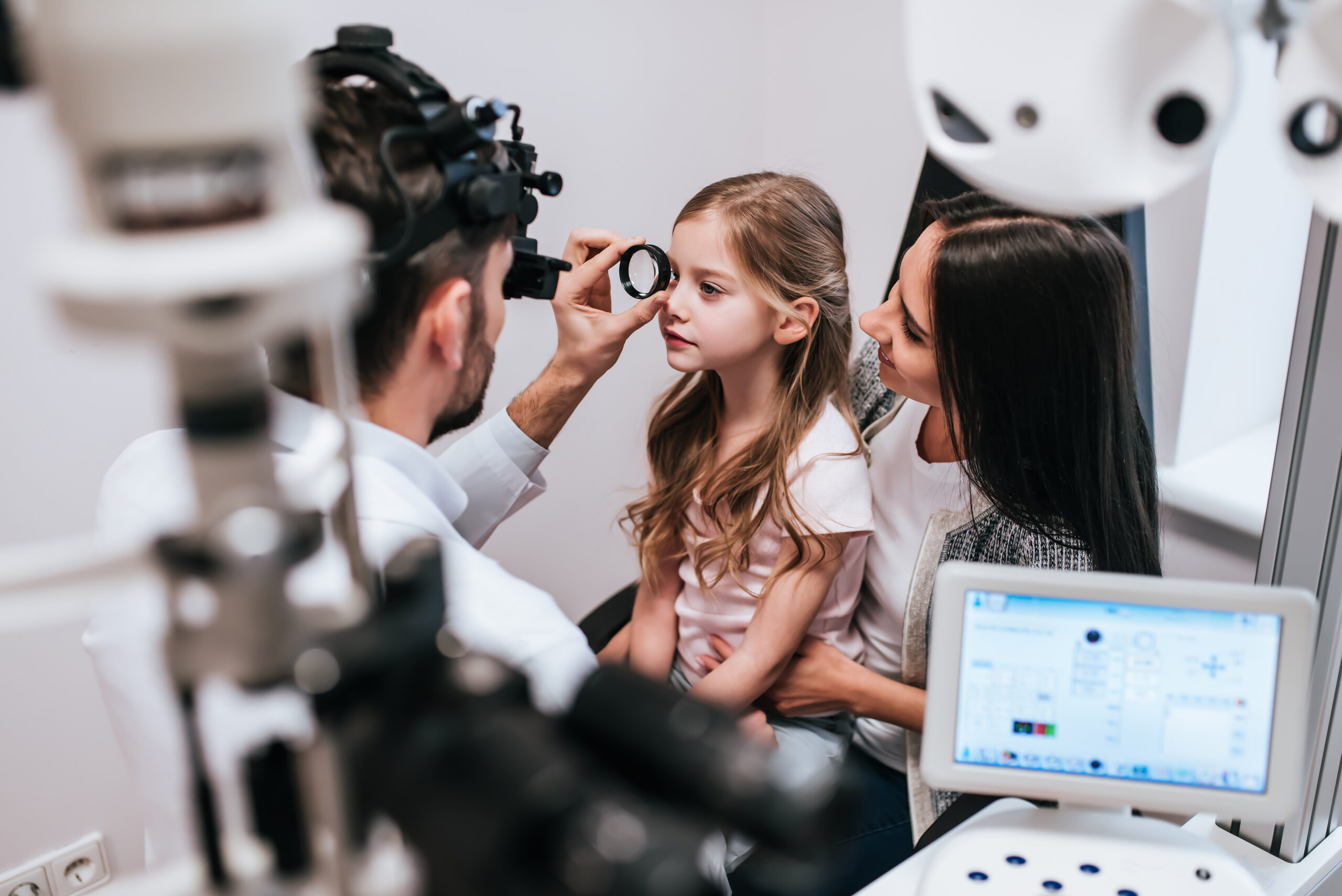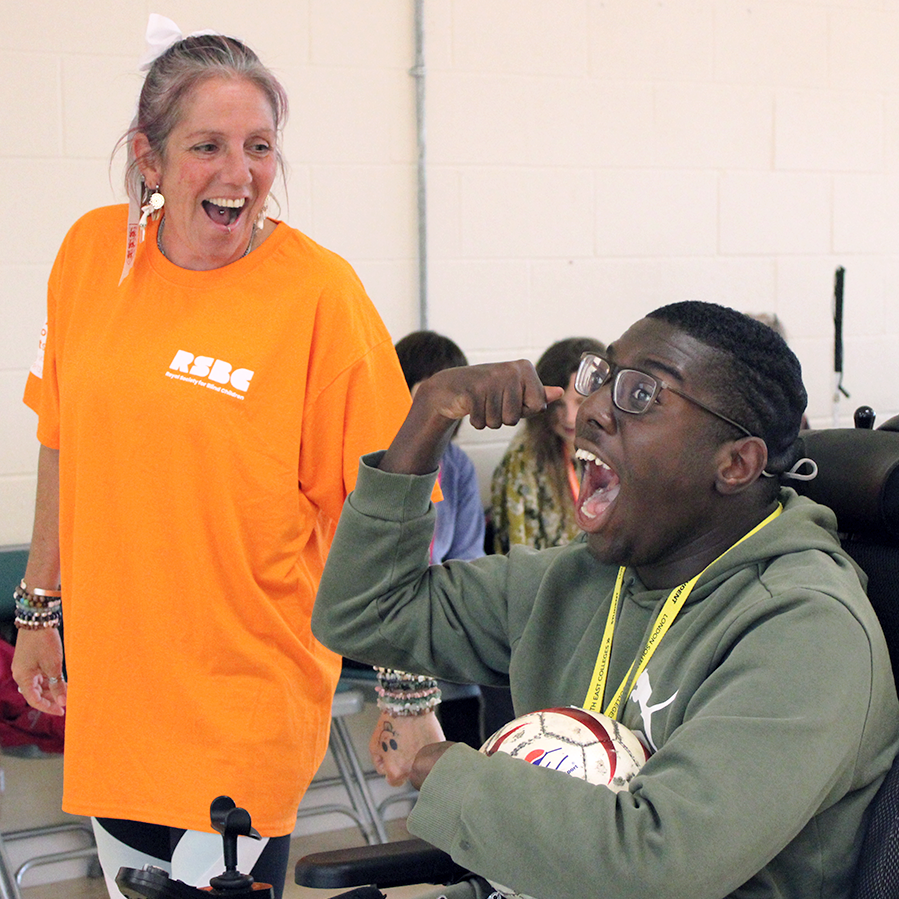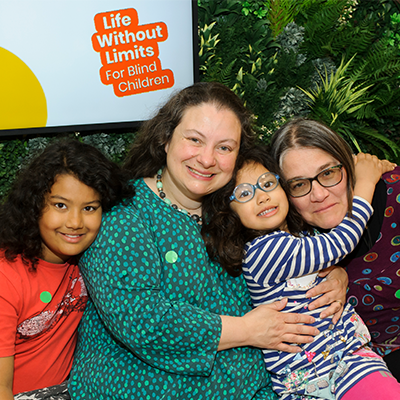5 tips on maintaining eye health in the run up to World Sight Day
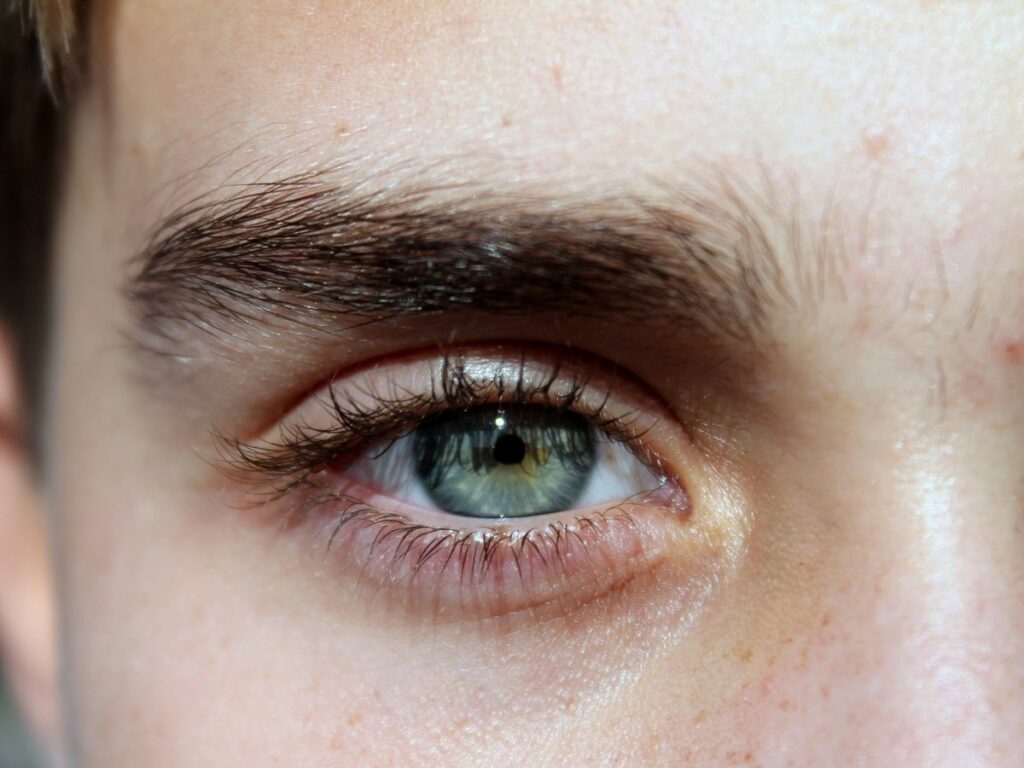
October 2, 2023
The statistics paint a striking picture. In the UK, over two million people have a significant vision impairment. It is predicted that this figure will double by 2050.
There are currently more than 645,000 people eagerly awaiting eye-related treatments or consultations. These delays raise concerns about the potential increase in preventable blindness, as underscored in a report by Specsavers on the state of the nation’s eye health released last year. These delays are particularly important for children’s eye health, as even a short delay in starting treatment can mean that a child never reaches their full visual potential.
However, there is encouraging news: there are numerous simple steps you can take to promote the longevity of your and your family’s eye health.
Spend Time Outdoors
Embracing the outdoors offers your eyes respite from close-up activities such as staring at computer screens and phones and outdoor exposure allows your eyes to focus on distant objects and benefits from natural light, reducing the risk of myopia development. This is especially pertinent for young individuals, as several studies have suggested a pivotal role of extended outdoor exposure in myopia control.
Engage in Regular Exercise
Aerobic exercise helps reduce intraocular pressure, a key factor in glaucoma development. Research indicates that individuals with glaucoma, a condition often resulting from elevated intraocular pressure damaging the optic nerve, experience slower vision deterioration when they engage in more physical activity. Improved blood circulation to the eyes may also stave off blood vessel overgrowth, a contributor to age-related macular degeneration, one of the leading causes of adult vision loss.
Maintain a Balanced Diet
A diet rich in spinach, kale, leeks, red peppers, avocados, peaches, and blueberries can support eye and general health at all ages, and for older adults can slow down the progression of age-related macular degeneration. Additionally, consuming oily fish like sardines, mackerel, and tuna provides essential omega-3 fatty acids, which can alleviate dry and itchy eyes. While carrots won’t grant superhuman vision, they offer beta carotene, an orange pigment essential for vitamin A production. Vitamin A, in turn, plays a vital role in rhodopsin production, a crucial protein for low-light vision.
Invest in Quality Sunglasses
We might wear sunscreen but are we protecting our eyes from harmful UV light? A lack of eyewear protection can elevate the risk of various eye conditions, including cataracts. Look for sunglasses bearing the “UKCA” mark and wear them whenever exposed to bright sunshine. On the other hand, there’s little evidence to support the effectiveness of blue light-blocking glasses against the alleged adverse effects of screen-based blue light.
Undergo Regular Eye Exams
Children may not be able to report poor vision until it is too late. For older individuals, many common eye issues manifest in middle age and may initially be asymptomatic. Moreover, optometrists can detect signs of conditions such as diabetes, high blood pressure, and leukaemia by examining the delicate blood vessels at the back of the eye. Children can have free NHS eye tests every two years at a local optician, with more information here: Eye tests for children. Older people are advised to schedule an eye examination every two years, beginning at the age of 45, even if you believe your vision to be perfect.
More information about the RSBC Love Your Eyes campaign
Take part in the Love Your Eyes campaign and donate: RSBC 2023 World Sight Day JustGiving page
You may also like

No categories March 28, 2025
Mother’s Day: our CEO shares her story
Happy Mother’s Day to everyone celebrating! In recognition of this special day, we sat down with our CEO, Julie, to hear about her relationship with her daughter, Saime, who is registered blind.

No categories March 20, 2025
What our young poets have to say this World Poetry Day
We were delighted to host two workshop sessions with renowned poet Dave Steele recently, and they certainly fired up the imaginations of the young people who attended! We’re pleased to be able to showcase the incredible talent that came out of the workshops in the beautiful poems written by those attending below.

No categories March 10, 2025
RSBC’s 5 key reforms to support young people into work
The government has just announced plans for a major shakeup of the welfare system, with £6bn of proposed cuts. Personal Independence Payments (PIP) are a lifeline for many people in our community. We understand the system needs reform, and that tough times can call for tough measures. But cutting back on PIP without making it […]
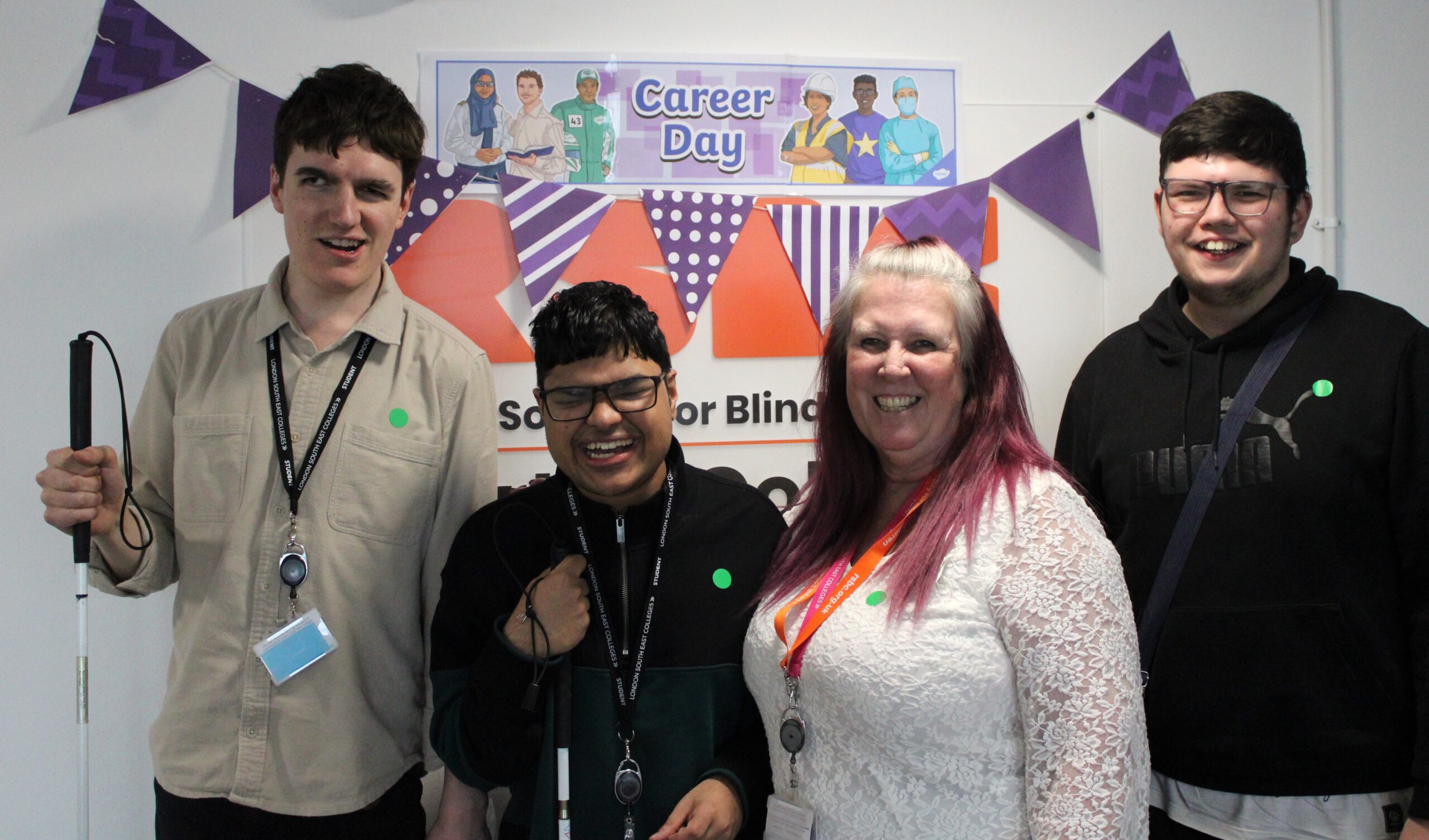
No categories March 7, 2025
Dorton College careers day: giving our students the confidence to shine
Too often, young people living with a vision impairment aren’t given the career opportunities they deserve. That’s why RSBC’s Dorton College hosted a careers day recently, inviting external speakers to inspire our students and help provide them with the tools they need to enter the world of work.

No categories March 5, 2025
Gary O’Donoghue’s win at the RTS Television Journalism Awards
Each year, the Royal Television Society hosts the Television Journalism Awards, celebrating the most prestigious change-makers in the British journalism space.
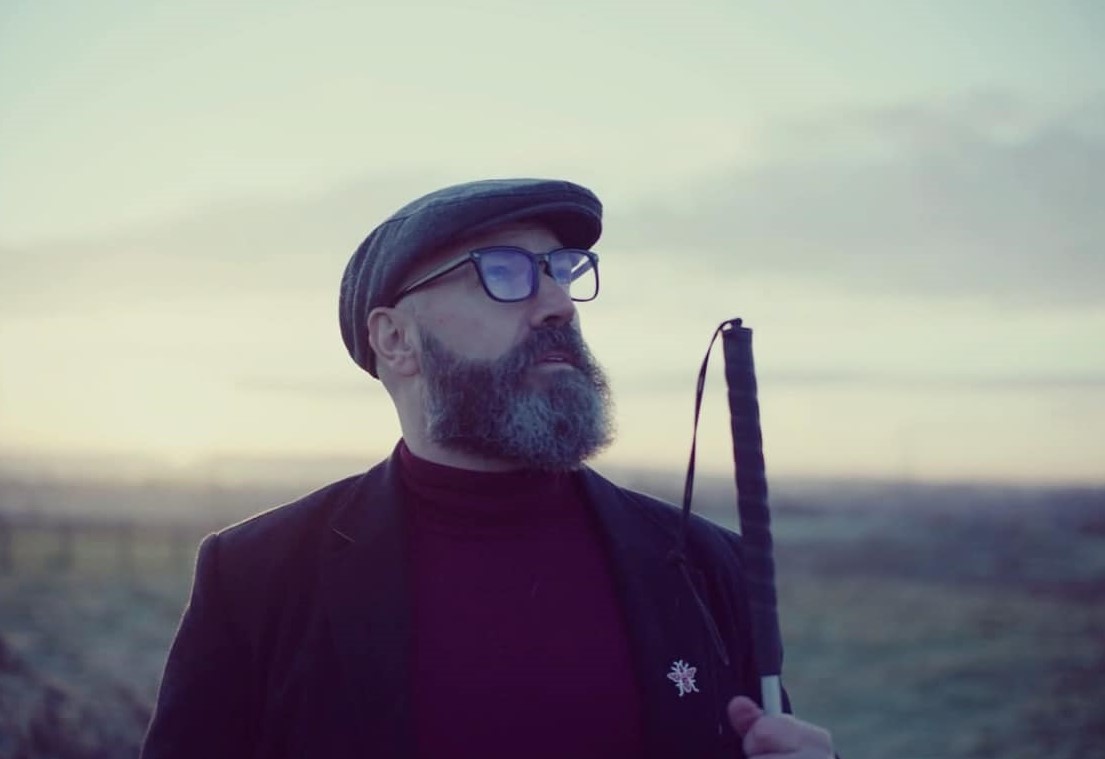
No categories March 4, 2025
Young people unlock their imagination at The Blind Poet’s workshops
Dave Steele, popularly known as The Blind Poet, is an internationally acclaimed and award-winning poet, author, speaker and singer – and an advocate for people with vision impairment.

No categories March 3, 2025
Helping young people be heard: RSBC’s Youth Voice Strategy Day
Recently, RSBC’s Youth Forum, Young Ambassadors and members of the RSBC team came together for a Youth Voice Strategy Day at our Life Without Limits Centre in London. The mission was simple: young people were tasked with coming up with their own objectives and create a roadmap for the future, which would help RSBC identify […]

No categories February 19, 2025
The Roundhouse becomes London’s first venue to use Navilens – with RSBC’s support
Iconic music and performing arts venue, the Roundhouse in Camden, has provided creative space that empowers people and communities since the 1960s. Its team is focused on unleashing the creative potential of young people and artists, giving them the opportunity to experiment, develop their skills, and be part of unforgettable moments with a lasting impact.

No categories February 14, 2025
A volunteer’s journey: Meet Joné
Joné has been volunteering with RSBC since August 2024. We spoke to her about why she wanted to become a volunteer and what her experience has been like so far.

No categories January 30, 2025
George and Nicola’s story
George is an energetic and confident eight-year-old boy who lives in a bustling household with his mum, Nicola, his dad, and his baby brother Ted. It’s a home that’s filled with love and resilience as the family faces the challenges and celebrates the triumphs that vision impairment brings.
